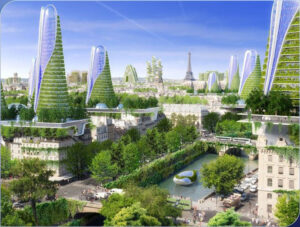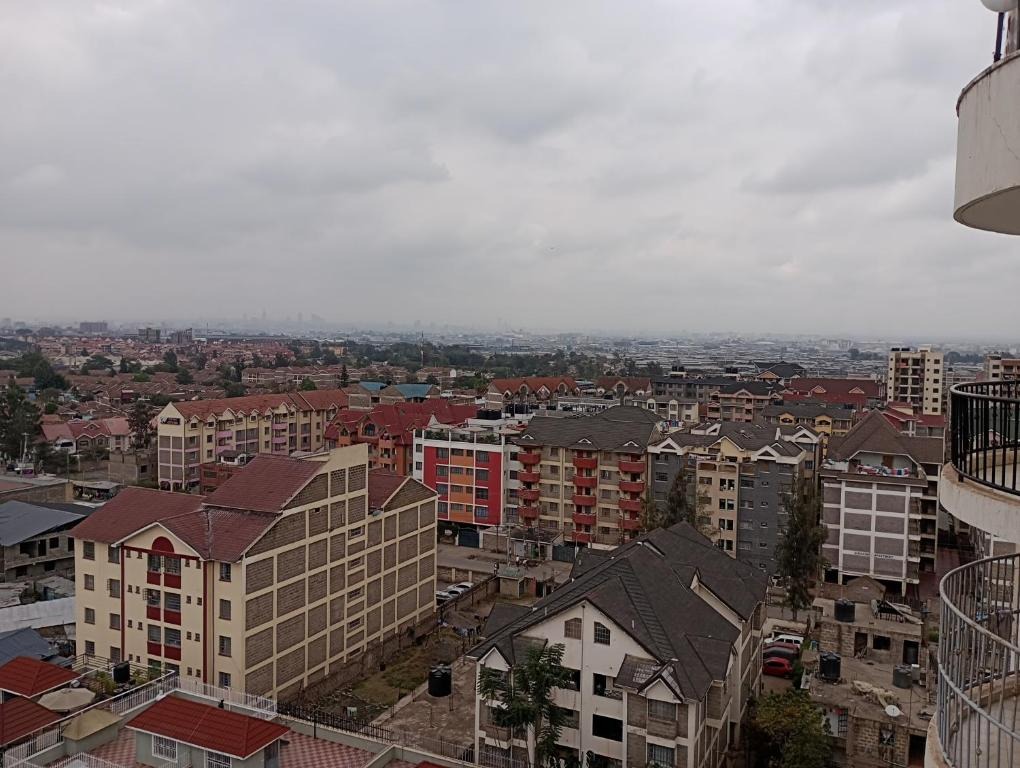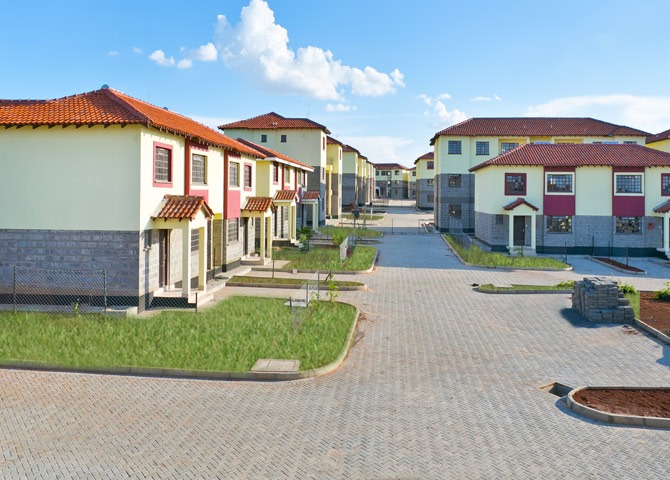Smart cities are revolutionizing urban living, harnessing technology to enhance efficiency, sustainability, and quality of life. This transformation is not only reshaping the way we live and work but also creating new opportunities for real estate investors. In this article, we explore the concept of smart cities and examine their impact on real estate investment opportunities.
Defining Smart Cities

Smart cities leverage data and technology to optimize infrastructure, services, and resources, improving the lives of residents and visitors. These cities deploy sensors, connectivity, and analytics to gather real-time data on various aspects of urban life, from traffic flow and energy consumption to waste management and public safety. By analyzing this data, city officials can make informed decisions to enhance efficiency, reduce costs, and improve the overall quality of life.
Integration of Smart Technologies

Smart cities integrate a wide range of technologies into their urban fabric, creating interconnected ecosystems that enhance mobility, sustainability, and livability. For example, smart transportation systems use sensors and data analytics to optimize traffic flow, reduce congestion, and improve public transit services. Smart energy grids enable efficient energy distribution, renewable energy integration, and demand-response management, reducing carbon emissions and lowering utility costs.
Impact on Real Estate Investment
The emergence of smart cities presents unique opportunities for real estate investors. One of the most significant impacts is the increased demand for smart buildings and infrastructure. As cities adopt smart technologies, there is a growing need for buildings equipped with features such as energy-efficient systems, smart lighting, and integrated connectivity. Real estate developers who invest in smart buildings can attract tenants seeking modern, efficient spaces that enhance productivity and sustainability.
Additionally, the development of smart infrastructure and amenities can enhance the desirability and value of real estate properties. For example, properties located in neighborhoods with smart transportation systems, green spaces, and digital connectivity may command higher rental rates and property values. Investors who identify emerging smart city trends and invest in properties with proximity to smart infrastructure can capitalize on this growing demand.
Innovation Hubs and Tech Clusters
Smart cities often serve as hubs for innovation and technology, attracting startups, tech companies, and entrepreneurs. These innovation hubs and tech clusters create a demand for office and commercial real estate, as well as residential properties for employees and professionals. For example, cities like Silicon Valley, Singapore, and Tel Aviv have become global leaders in innovation, driving demand for real estate in their respective regions.
Investors who target real estate properties in emerging tech clusters can benefit from the economic growth and job opportunities generated by the technology sector. Additionally, proximity to innovation hubs can increase the long-term value and attractiveness of real estate investments, as these areas tend to experience steady demand and appreciation over time.
Enhanced Connectivity and Mobility
Smart cities prioritize connectivity and mobility, offering residents seamless access to transportation, information, and services. This emphasis on connectivity has implications for real estate investment, particularly in areas with robust digital infrastructure and transportation networks. Properties located near transit hubs, high-speed internet access, and digital amenities are likely to appeal to tenants and buyers seeking convenience and accessibility.
Investors who target real estate properties in well-connected smart cities can capitalize on the growing demand for urban living. Properties with access to public transportation, bike lanes, and pedestrian-friendly amenities are especially desirable, as they offer residents the flexibility to commute and navigate the city efficiently. Additionally, properties with advanced digital infrastructure, such as fiber-optic internet and smart home capabilities, can command premium rents and attract tech-savvy tenants.
Challenges and Considerations
While smart cities offer compelling opportunities for real estate investment, there are also challenges and considerations to navigate. One challenge is the rapid pace of technological change, which requires investors to stay informed and adaptable to emerging trends. Additionally, the cost of implementing smart technologies and infrastructure can be significant, requiring careful budgeting and investment planning.
Regulatory and privacy concerns are also important considerations in smart city development. Investors must ensure compliance with data privacy regulations and address concerns about data security and surveillance. Collaborating with city officials, community stakeholders, and technology partners can help mitigate these risks and ensure that real estate investments align with smart city goals and values.
Conclusion

In conclusion, smart cities are transforming urban landscapes and creating new opportunities for real estate investors. By leveraging technology and data, smart cities enhance efficiency, sustainability, and quality of life, driving demand for smart buildings, innovative amenities, and well-connected properties. Investors who embrace the smart city revolution can capitalize on emerging trends and position themselves for long-term success in the dynamic real estate market of the future.







